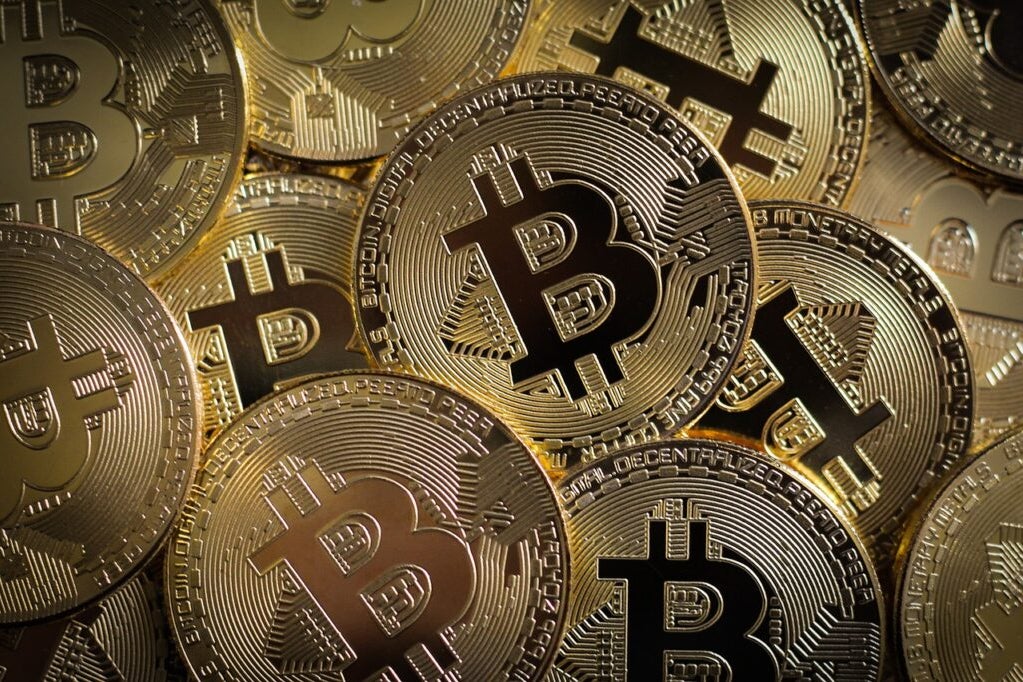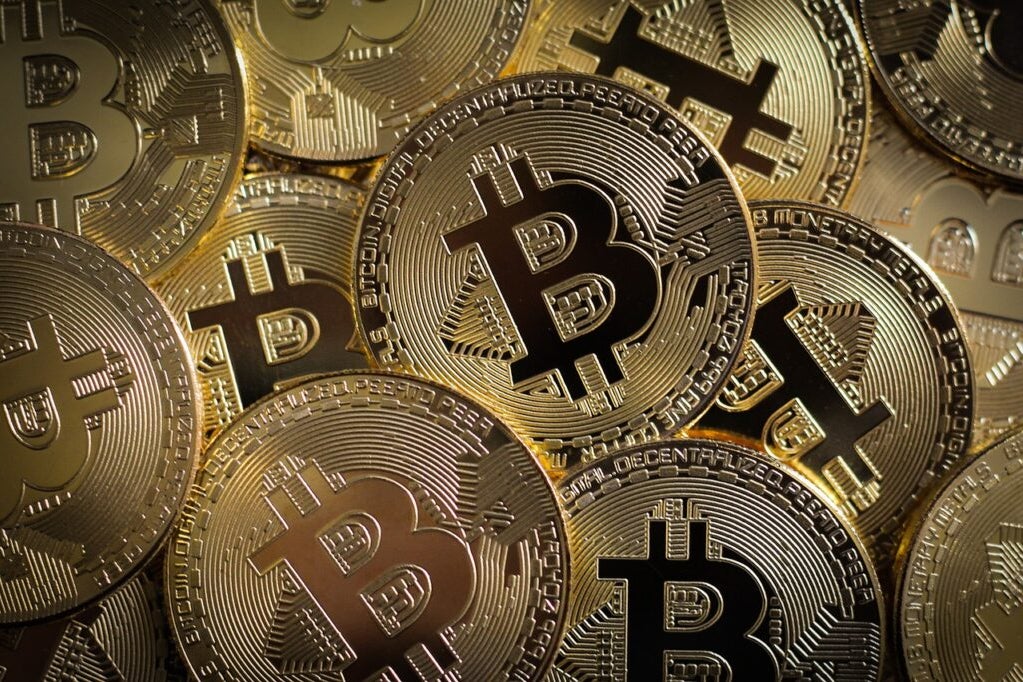- Messages
- 36,495
- Reaction score
- 6,300
- Points
- 288
From the link:
More:
- Angola’s new law effective April 10 criminalizes cryptocurrency mining, with penalties ranging from 1 to 12 years in prison.
- Possessing cryptocurrency mining equipment can lead to 1 to 5 years in prison and confiscation of the equipment.
- Connecting mining equipment to Angola’s national power system could result in 3 to 12 years of imprisonment.
More:













